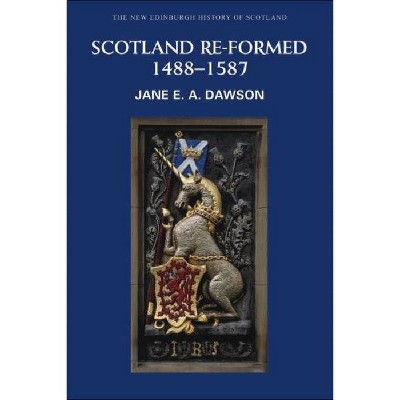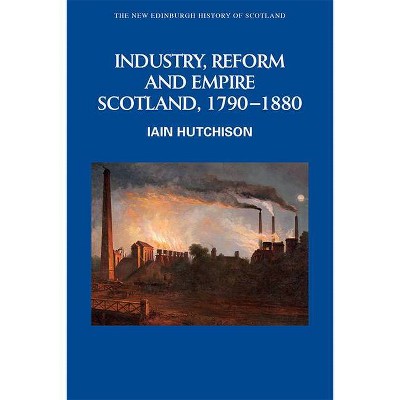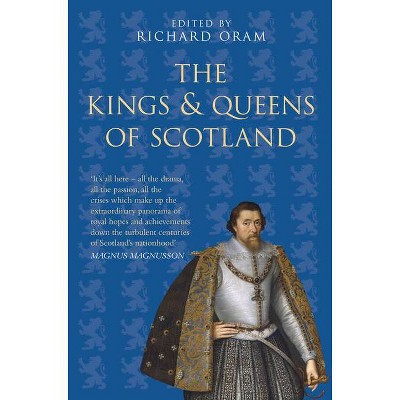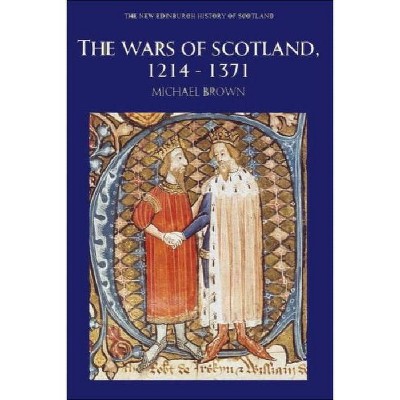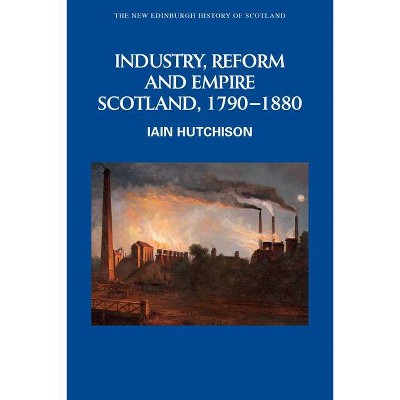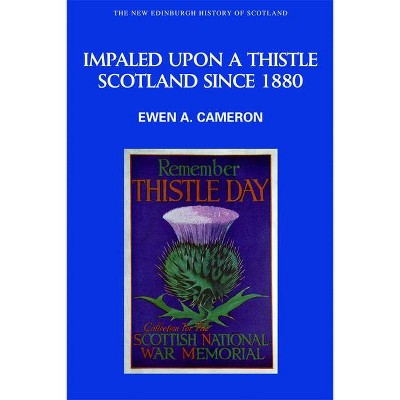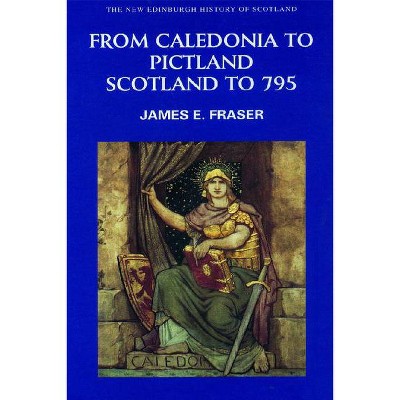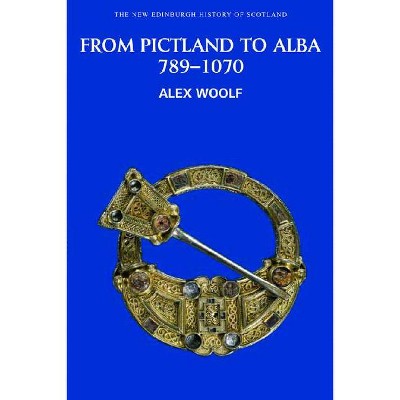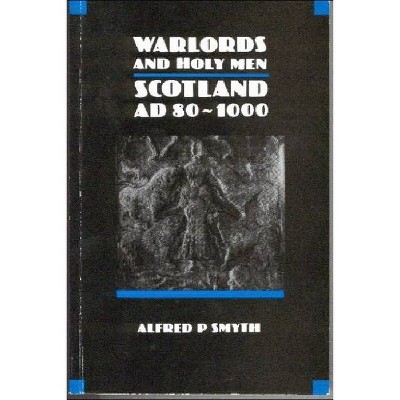Domination and Lordship - (New Edinburgh History of Scotland) by Richard Oram (Paperback)
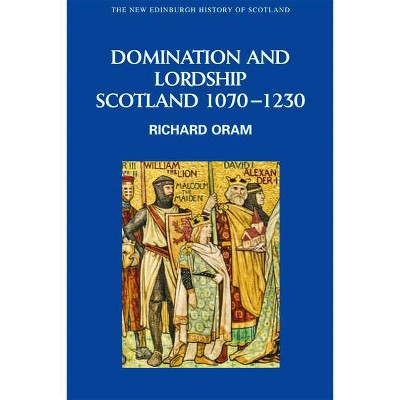
Similar Products
Products of same category from the store
AllProduct info
<p/><br></br><p><b> About the Book </b></p></br></br>This book discussed the processes by which the Gaelic kingdom of Alba established its mastery over the lesser kingdoms of northern mainland Britain and transformed itself into a state recognisable as Scotland.<p/><br></br><p><b> Book Synopsis </b></p></br></br>This volume centres upon the era conventionally labelled the 'Making of the kingdom', or the 'Anglo-Norman' era in Scottish history. It seeks a balance between traditional historiographical concentration on the 'feudalisation' of Scottish society as part of the wholesale importation of alien cultural traditions by a 'modernising' monarchy and more recent emphasis on the continuing vitality and centrality of Gaelic culture and traditions within the twelfth- and early thirteenth-century kingdom.Part I explores the transition from the Gaelic kingship of Alba into the hybridised medieval state and traces Scotland's role as both dominated and dominator. It examines the redefinition of relationships with England, Gaelic magnates within Scotland's traditional territorial heartland and with autonomous/independent mainland and insular powers. These interrelationships form the central theme of an exploration of the struggle for political domination of the northern mainland of Britain and the adjacent islands, the mechanisms through which that domination was projected and expressed, and the manner of its expression.Part II is a thematic exploration of central aspects of the society and culture of late eleventh- to early thirteenth-century Scotland which gave character and substance to the emerging kingdom. It considers the evolutionary growth of Scottish economic structures, changes in the management of land-based resources, and the manner in which secular power and authority were acquired and exercised. These themes are developed in discussions of the emergence of urban communities and in the creation of a new noble class in the twelfth century. Religion is examined both in terms of the development of the Church as an institution and through the religious experience of the lay population.<p/><br></br><p><b> From the Back Cover </b></p></br></br>The New Edinburgh History of Scotland General Editor: Roger Mason Domination and Lordship, 1070-1230 Richard Oram This volume examines what is perhaps the critical formative period in Scotland's history, discussing the processes by which the Gaelic kingdom of <i>Alba established its mastery over the lesser kingdoms of northern mainland Britain and transformed itself into a state recognisable as 'Scotland'. Between 1070 and 1230 the kings of Scots turned their eastern Lowlands-based kingship into an effective national monarchy and contended with dynastic rivals in Scotland and the rulers of England and Norway for the control of northern mainland Britain. During this time, Scotland experienced a social and cultural revolution as it was drawn into an English and mainland European orbit by a series of outward looking kings who readily embraced the forms and fashions of continental kingship. Alongside a political narrative which sets the main trends and developments into their national and international context, Richard Oram explores a series of key issues and groups, including the development of the Church and the emergence of urban communities, and offers a new evaluation of the process of state-building and the interplay of the themes of continuity and change. Richard Oram is Professor of Medieval and Environmental History and Director for the Centre for Environmental History at the University of Stirling.<p/><br></br><p><b> Review Quotes </b></p></br></br><br>'There is much here that is worthwhile. This is particularly true of the first half of the book, where the political narrative has many high points, as well as the thematic chapters which make the most of Oram's personal expertise, namely those on rural change and burghs.'--Matthew Hammond "The Scottish Historical Review "<br><br>It is an important, authoritative work, based on a wide range of primary sources and an extensive bibliography of books and articles. It will stand the test of time.--Northern History<br><br>When I was young I thought that Scotland always existed. This book explains how Norse, Gaels, English and Normans all contributed to the long messy birth of a nation. Not sure why it ends at 1230 given that the English border was established in 1237 and there is a slight bias towards the lives of the nobility, skewed no doubt by the surviving documents but this is how I like my history, a dense academic text that is not a quick read but worth the effort. Enlivened by snippets like the self destructive hamlet of Eldbotle you get drawn into the medieval world. Battle and skirmish, marriage and treaty, church and clan, kings and lords, the author blends all this into a comprehensive, informative and enjoyable read.--morrisonif "Amazon "<br><p/><br></br><p><b> About the Author </b></p></br></br><p>Richard Oram is Professor of Medieval and Environmental History and Director of the Centre for Environmental History at the University of Stirling<p>
Price History
Price Archive shows prices from various stores, lets you see history and find the cheapest. There is no actual sale on the website. For all support, inquiry and suggestion messages communication@pricearchive.us
